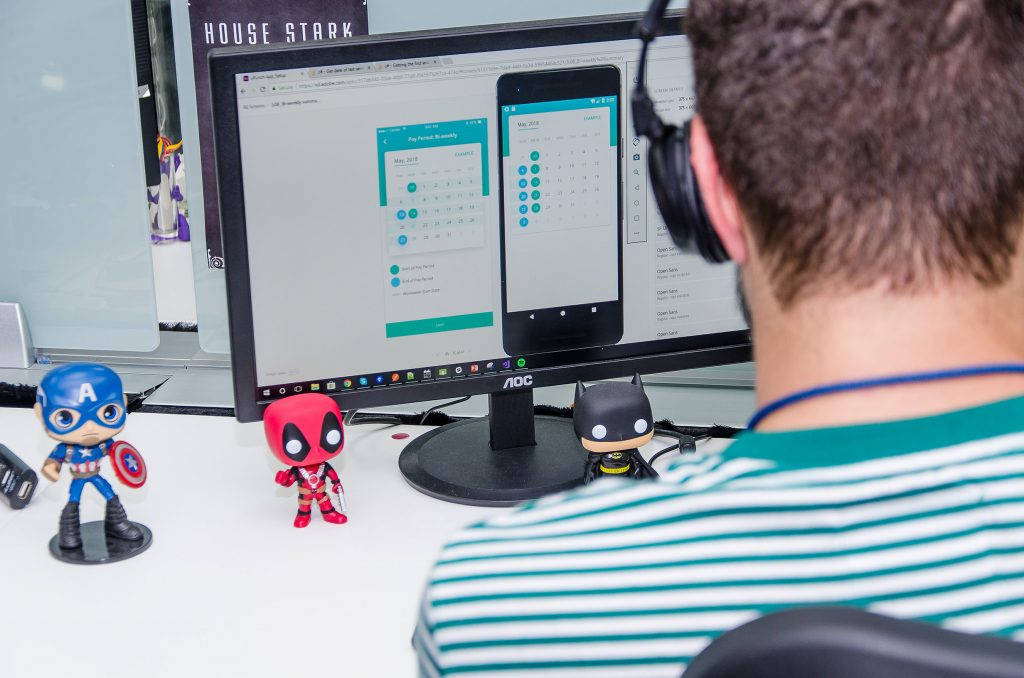
Building a mobile app can be an adventure. Whether you write the code yourself or hire someone else to do it, you will enjoy a fascinating process. At the same time, if you get it right you can make a lot of money. At the very least, you will own something you can be proud of.
Many apps don’t turn out as planned. That’s because not everyone follows a proven process. There are critical aspects of creating an app that will increase your chances of success. Here are seven of them.
Choose the right audience for your app
The audience could make the difference between an app that makes money and one that doesn’t. Modern mobile users want apps that fit their specific needs. So you need to consider who will use your app before you start building it.
This bit is relatively simple. Think about the group of people who will benefit the most from your idea. Is it accounts, runners, or music teachers? Spend some time brainstorming potential users. Don’t worry about leaving people out. Once you’ve made your app perfect for one group, you can use the same ideas when you decide to expand your user base.
Choose a platform you’re comfortable with
What’s the best platform for creating mobile apps? That depends entirely on you. Your budget, experience, and what you’re trying to develop will influence your decision. However, you need to keep in mind that your platform has almost no impact on the success of your app.
What’s more important is the usefulness of your app. Focus on that. Then, choose a platform that allows you to create an app within your desired budget and time frame.
What problem are you solving?
When people download your app, they do it for one reason. They have a problem, and they need it solved. That applies to mobile games. When people are bored or need stimulation, they turn to games. Whichever way you look at it, your app needs to deal with some pain.
To succeed, start with a simple issue that your users are having. Find something that either improves their work processes or helps with a hobby of theirs. You can also find ways to help them connect with other people.
Once you’ve figured out what they want, write down the best way to solve it on a piece of paper. That will work as a blueprint for you and your team. As long as you focus on making your users’ lives easier, you will gain traction once your app is ready.
Write down the key features your app requires
Overlading an app with features is a widespread mistake. In the mobile world, less is more. Adding too many ideas will confuse your users and discourage them. Instead, focus on the core features. Your goal is to deliver a specific result. You should discard anything that doesn’t add to that.
This process will also expose problems you might come across when coding your app. For example, you may have underestimated the required costs. When you have a clear picture of the core features, you can spend your money getting them developed. As time goes one, you can then add on top of your core using the feedback you get from the marketplace.
Design and code the front-end first
Your users expect your mobile app to be easy to use. In most cases, they want to be up and running within a couple of minutes. Otherwise, they will abandon your app and start looking for another one. For this reason, you need to focus your initial efforts on building the front end interface.
Start with a mock-up. Using either pen and paper or a computer program create a layout of the final product. Adjust it until it feels right. Get some feedback from potential users to see how they think. Keep refining the front-end until you’ve designed a smooth and intuitive user experience.
Do you need an API?
If your app retains user data, you may need to build an API ( Application Programming Interface ). That will allow you to keep data accessible from various devices. In the event something happens to the mobile device, your users will be able to get back their info.
You can also use an API to integrate your app with other services. To top that, you can use a remote server for things like image or sound manipulation. In other words, you can add functionality that goes beyond what a mobile device can handle.
The critical thing to remember is that an API requires a separate set of coding skills. That means you may have to use an independent developer to handle that aspect of your app. Many apps fail because the developer has to divide attention between several technologies. Don’t let that happen to your project!
Promote your app!
Many people rely on the Google and Apple app stores to attract users. While that is an essential aspect of promoting an app, it is not enough to “dump” it and wait for traffic. You need to put in extra effort to ensure your app gets enough attention.
One good place to start is Facebook Groups. If your app solves a problem, you can benefit from exposure in relevant discussion groups. In fact, users are always on the lookout for ways to improve their lives. Your app could be the exact thing they’ve been seeking.
If you have a reliable business model, you should consider running ads for your app. Here is the trick:t just push people to buy your app. Instead, build a mailing list comprising of people who will benefit your product. This step alone can increase your chances of attracting more users. You can also make money by promoting additional products as an affiliate.
Following the above steps will reduce the chances of your app failing. Use them to build your strategy. Remember, you need to plan before even a single line of code is written. Above all, enjoy yourself and create something the world will love!





